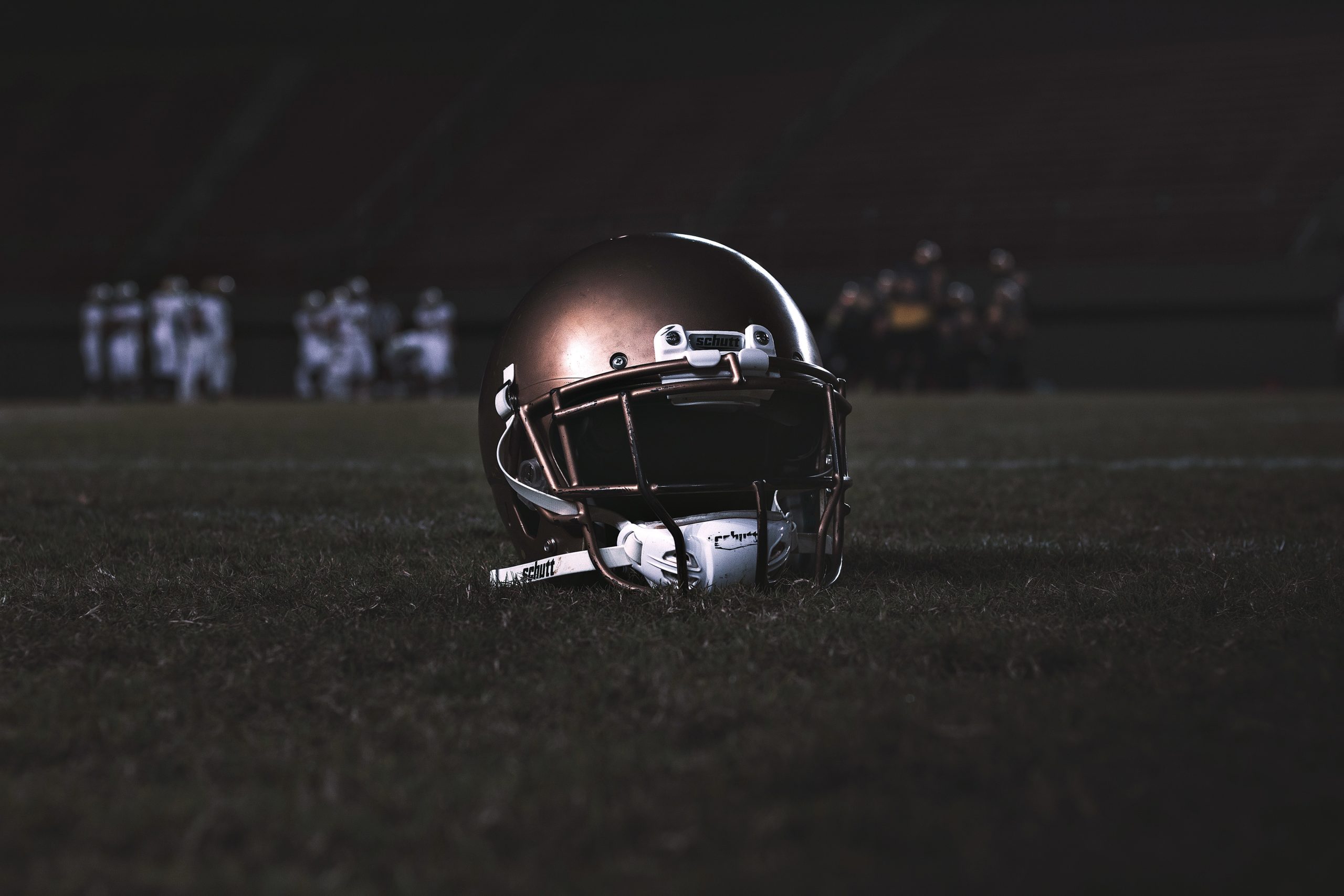In what is potentially a major setback for the industry, a New York State appellate court recently ruled that the State’s 2016 fantasy sports law violates the State’s constitutional ban on gambling. Along with striking the portion of the law that legalized and regulated the industry, the court also invalidated the portion of the law that excluded fantasy sports from the State Penal Law’s prohibition against gambling.
Why was the fantasy sports law found unconstitutional?
The appellate court began its analysis by discussing the State Constitution’s gambling prohibition. Under the Constitution, with certain enumerated exceptions, “no lottery or the sale of lottery tickets, pool-selling, book-making, or any other kind of gambling” is authorized within New York. Because the Constitution does not itself define of gambling, the court utilized the definition contained in the State Penal Law. The Penal Law defines gambling as contests in which an individual stakes something of value to receive something of value based upon a certain event, the outcome of which depends to a material degree on chance, notwithstanding that skill may also be a factor. Employing this definition, the court reasoned that fantasy sports contests constitute gambling and/or games of chance because, although fantasy sports contest “participants may use their skill in selecting teams, they cannot control how the athletes on their [] teams will perform in the real-world sporting events.” In reaching its decision, the court held that the Legislature did not have the authority to override the Constitution by determining, in its own judgement, that fantasy sports contests are not gambling.
The court also invalidated the portion of the law that excluded fantasy sports from the Penal Law’s prohibition against gambling. Despite recognizing that an activity can be prohibited but not necessarily criminalized, the court nevertheless concluded that the Legislature would not have intended to decriminalize fantasy sports without the ability to heavily regulate it. Because the court struck down the Legislature’s regulatory power in this instance, it felt that the most prudent course of action was to, in turn, invalidate the fantasy sports law in its entirety.
Remaining Compliant with Fantasy Sports Law
The State can, and most likely will, appeal this decision to New York’s highest court. Were that to happen, it is anticipated that this decision will be stayed, allowing fantasy sports operators to continue offering contests in the State pending the outcome on appeal. Nevertheless, interested parties face considerable headwinds in New York following this latest setback. This decision serves as a reminder of how the laws and regulations governing fantasy sports continue to grow and evolve across the country. In such a shifting regulatory climate, it remains imperative to engage competent legal counsel to become/remain compliant with applicable law when setting up or operating fantasy sports contests.
If you are interested in learning more about fantasy sports law or pursuing a fantasy sports venture, please e-mail us at info@kleinmoynihan.com, or call us at (212) 246-0900.
The material contained herein is provided for information purposes only and is not legal advice, nor is it a substitute for obtaining legal advice from an attorney. Each situation is unique, and you should not act or rely on any information contained herein without seeking the advice of an experienced attorney.
Attorney Advertising
Similar Blog Posts:
Bachelor Contestants Embroiled in Fantasy Sports Law Controversy




